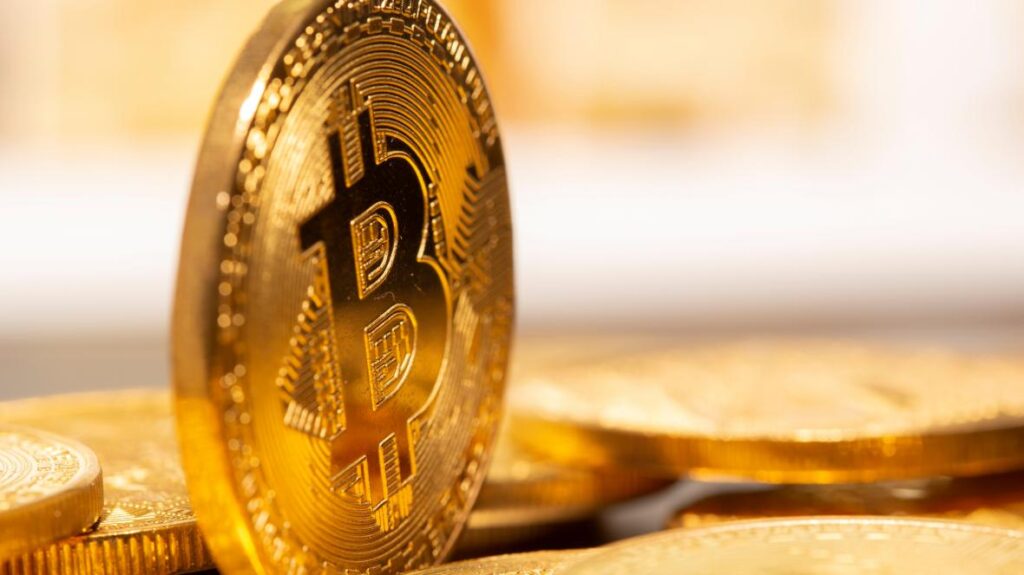With the ever-fluctuating regulations around cryptocurrencies in Pakistan, the love and hype for cryptocurrencies, especially for Bitcoin, hasn’t faded. Pakistan remains one of the most heated cryptocurrency trading countries in Asia because of its low regulations surrounding Bitcoin.
Bitcoin is an intangible currency that works on decentralized systems without being held by any specific authority. You can’t simply put this currency in your physical wallets as they aren’t bills or notes you can touch.
Bitcoin’s popularity is known all around the world, and Pakistan is no exception to its fame. The Asian country boasts its popularity as Bitcoin is a thriving currency in Pakistan for its exceptional value.
We will discuss all the BTC to PKR values and how you can buy cryptocurrency in Pakistan.
Value of Bitcoin in Pakistan
At the time of writing, the BTC to PKR value is an astonishing 7,975,286. It means one Bitcoin equals almost eight million in Pakistani rupees.
Bitcoin to Pakistani Rupees Trend
In March 2016, Bitcoin to Pakistani rupees was only 42,369 rupees. In December 2017, the BTC to PKR value rose to 1.4 million rupees. Till July 2017, the value remained just over a million Pakistani rupees and fell to just above 518,000 rupees.
From 2019 and onwards marked the trend in favor of Bitcoin, and one Bitcoin reached over one million Pakistani rupees. Till November 2020, it stayed in its one million Pakistani rupees spot but then faced a mindboggling increase and crossed the 5 million mark.
Right now, the BTC to PKR is 7.9 million and is predicted to reach a 9.1+ mark at the end of February 2021.
Things to Know About Bitcoin Before You Get Started
The hype of Bitcoin had died down in 2018 and 2019. It has gained popularity again, and the number of communities and exchanges around Bitcoin is increasing. It’s because of the increasing number of freelance workers in Pakistan who want to receive their international amounts. Here’s what you need to know to buy Bitcoin in Pakistan.
Laws and Regulations
Compared to Vietnam and other countries where cryptocurrency is banned, Pakistan has few regulations surrounding Bitcoin. Because the ban was lifted by SBP in 2020, buying and selling cryptocurrencies is fine for now. It may introduce other rules in the future, but that’s not for sure.
However, as of now, it’s easy to invest in Bitcoin in Pakistan. It’s best to stay updated with all the rules and regulations to stay out of any trouble and keep purchasing and selling Bitcoin legal.
Customer Service and Support
Pakistan is native to many major Bitcoin exchanges (national and international), which introduces different trade ways. The Pakistan-based exchanges have their communities and Facebook forums for traders to interact and share valuable information.
Some exchanges offer BTC to PKR trading, but not all of them offer this perk. Currently, Pakistan provides no Bitcoin ATMs because the cryptocurrency framework is still in its developmental phase.
However, the conditions seem favorable, and with time, the Bitcoin community of Pakistan will improve and grow.
How to Buy Bitcoin in Pakistan
There are lots of ways to buy Bitcoins in Pakistan, and the best two for beginners are:
- Buying Bitcoin as a CFD
- Buying from an exchange
Buying Bitcoin in Pakistani Rupees as a CFD
CFD is a way to trade stocks and shares. But that’s not all; you can also trade Bitcoins with it because it’s easy and secure. Why choose this method? Because:
- The charges are relatively low.
- Leveraged trading enables you to trade will a minimal amount when you start.
- You’re exposed to two markets’ liquidity, which enables quick selling.
- CFDs are highly secure because of the legal bodies that govern the transactions. This means the chances of getting scammed are less.
Purchasing Bitcoin from an Exchange
There are many exchanges available for Bitcoin purchasing. There are two main options if you decide to buy from an exchange:
- Centralized exchange, where the platforms carry out the trades
- P2P crypto exchange, where you can trade directly with other peers (users).
The centralized exchanges provide high security and convenience but also charge higher fees than P2P exchanges.








Comments